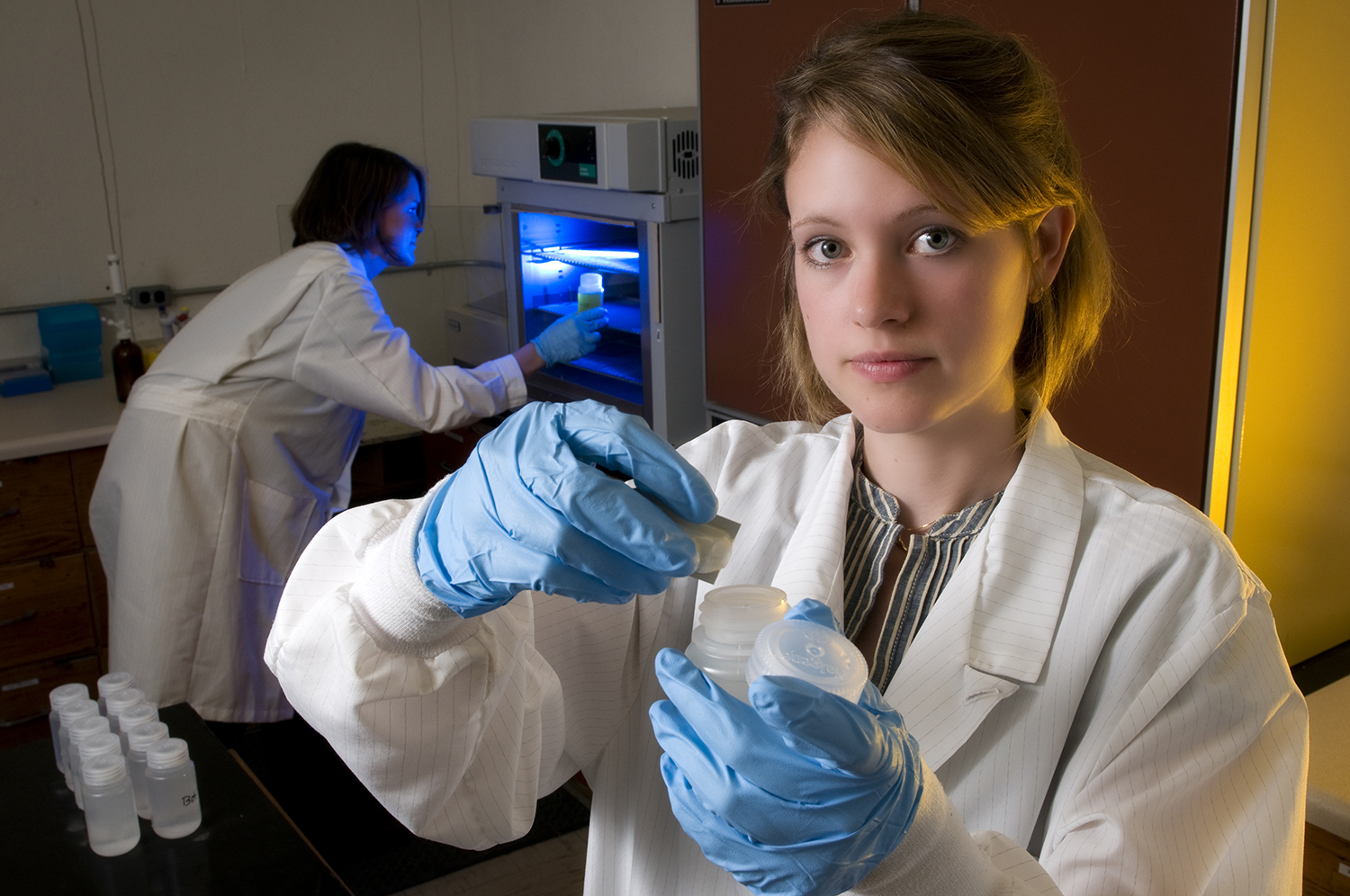Virginia Household Water Quality Program to host upcoming water clinics

Do you know what’s in your water?
The Virginia Household Water Quality Program is hosting drinking water clinics in 44 counties around the commonwealth this year. Homeowners will receive practical information about maintaining and protecting private water systems, water quality, and addressing nuisance and health-related water problems.
Water sample collections will occur this spring the following counties:
- Montgomery, April 8
- Giles, April 8
- Grayson, April 22
- Wythe, April 22
- Smyth, April 22
- Carroll, April 22
- Lee, Scott, Wise, May 6
- Rappahannock, Fauquier, Culpeper, May 13
- Nelson, June 3
- Henrico, June 17
- Hanover, June 17
- Albemarle, June 24
- Greene, June 24
The entire schedule and locations of clinics for 2015 can be found on the Virginia Household Water Quality website.
Since 1989, the Virginia Household Water Quality Program has been educating homeowners about their responsibility for and maintenance of private water systems. A collaborative effort among Virginia Cooperative Extension’s family and consumer science agents, agricultural and natural resource agents, and 4-H agents, the program is offered annually in more than 50 counties throughout the state.
“We find that a lot of people don’t really know what type of private water system they have or how to take care of it,” said Senior Extension Associate Erin Ling, a senior extension associate and coordinator of the program.
One-fifth of Virginia homeowners rely on wells, springs, or other private water systems for their household water supply, Ling said.
“Private water isn’t regulated, so the homeowner is responsible for understanding water quality, routine testing, and treatments to address with any contaminants,” said Ling. “They are also responsible for routine care and maintenance of the water systems.”
Homeowners participating in the program are trained to collect testing samples, which are transported to Virginia Tech’s campus for analysis. The samples are analyzed for 14 parameters, including bacteria, nitrate, and lead. After the samples have been analyzed, the homeowner receives the results and information about how to maintain their water system properly.
“We’ve gotten really positive feedback from people who have participated,” Ling said. “When we did a follow-up survey in 2013 checking with people who had participated in the program, we found that about 65 percent of people had taken at least one action that was recommended. It was good to check back in and we’ll do that again with future participants.”
The data collected has also served as a powerful and useful tool in research.
Brian Benham and Leigh-Anne Krometis, both faculty members in the Department of Biological Systems Engineering, and Kelsey Pieper, a doctoral student in the same department, have built on the data generated for a research project focusing on lead levels in private water systems.
“This program has very real connections for people. It’s not like a natural resource over there or the environment in general, it’s their own drinking water,” Ling said. “It’s a really good way to get people’s attention and get them to start thinking about the natural world.”
For more information about the program and registration for upcoming water clinics, visit the Virginia Cooperative Extension Virginia Household Water Quality website.





